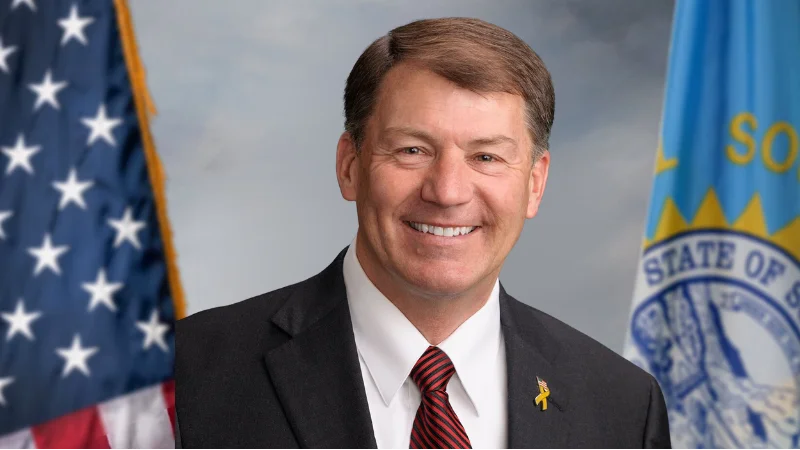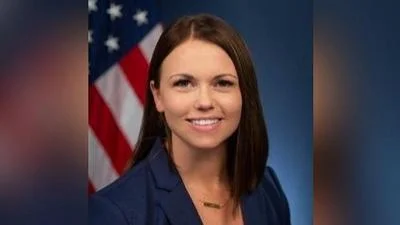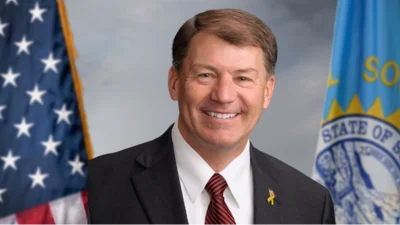Senator Mike Rounds, US Senator for South Dakota | Official U.S. Senate headshot
Senator Mike Rounds, US Senator for South Dakota | Official U.S. Senate headshot
U.S. Senators Mike Rounds (R-S.D.) and Mark Warner (D-Va.) have introduced the Keeping Deposits Local Act, a bipartisan bill aimed at updating regulations surrounding reciprocal deposits for community and regional banks. The proposed legislation seeks to make it easier for these banks to treat reciprocal deposits as non-brokered, allowing them to offer customers full FDIC insurance while ensuring funds remain invested in local communities.
Rounds stated, “Reciprocal deposits provide a stable and low-cost source of funds for lending and investment in South Dakota communities. In fact, more than a third of banks headquartered in South Dakota utilize reciprocal deposits. They are relationship-based, core deposits that help our community banks retain local customers. By tailoring the rules, this legislation removes the outdated cap on reciprocal deposits for community banks. That flexibility will help South Dakota banks keep deposits local and strengthens the resilience of our financial system – a lesson reinforced by the bank failures in 2023.”
Warner added, “This bipartisan bill helps ensure community and regional banks can keep more capital working in their local economies. By replacing the current one-size-fits-all cap with a tiered system, this legislation gives local banks the flexibility they need to better serve their customers and keep money close to home.”
The bill outlines new thresholds for non-brokered status eligibility: up to 50% of a bank’s first $1 billion in liabilities; 40% for liabilities above $1 billion but not exceeding $10 billion; 30% for amounts above $10 billion but not exceeding $250 billion; 20% between $250 billion and $1 trillion; and 2% above $1 trillion. Additionally, CAMELS 3-rated institutions that are well-capitalized would be permitted full use of non-brokered treatment for reciprocal deposits.
The National Bankers Association (NBA) and Community Development Bankers Association (CDBA) have expressed support for this legislative effort.
Companion legislation is being led in the House by Majority Whip Rep Tom Emmer (R-Minn.) and Rep. Joyce Beatty (D-Ohio).




 Alerts Sign-up
Alerts Sign-up